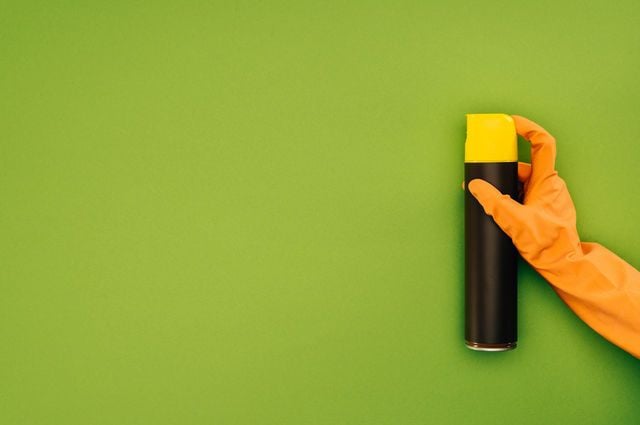Hygiene and Sustainability: How to make both work?
17 experts shared their view
Just when it seemed as if single-use plastics were slowly becoming a thing of the past, COVID-19 hit the industry. The second half of 2019 had seen more and more industry leaders making public pledges to abandon a product group that had become the infamous representative of an old and immoral, linear economy.
A few months later, the former sustainability arch-enemy is experiencing a massive comeback as a hygiene hero. COVID-19 and the fear of future pandemics are radically challenging recent approaches to product circularity/re-use by imposing enhanced hygienic standards. Keeping a strong position against single-use items might impose dramatic acquisition costs and operational distress on businesses slowly recovering from their liquidity breakdown.
Whilst pondering the reputational risk of violating hygiene law on the one side and diminished sustainability efforts on the other, the former is likely to turn up trumps.
The battle for sterility might be won by detergents containing ingredients unlikely to biodegrade in wastewater. Laundry services might cause more emissions due to an average increase of the washing temperature.
Where lies the sweet spot between hygiene rule compliance and sustainability? Must there be a trade-off? Are there Best Practices to share?
The impact of the Covid-19 pandemic means that companies may have to reprioritise their focus for the short-medium term, as the effects of the pandemic unfold and pressures shift. With safety, security and hygiene rightly becoming of utmost importance, it doesn't necessarily mean that environmental sustainability stops being a priority.
For the hospitality industry, new and enhanced hygiene and cleaning measures are being adopted and these, as we have seen across all industries, can lead to varying impacts on sustainability, with clear challenges to navigate and opportunities to take. For example, at IHG, we've found that this opportunity to relook at processes can offer some wins for the environment – such as moving to paperless billing and fewer printed items in the hotel, reducing waste and natural resource impact. However, to help us navigate this fast-changing world of new-normals, there are key principles that should guide us all in this area:
1. We're interconnected, and that means collaboration is key
Covid-19 is something that is affecting businesses and communities all around the world. The scale of this pandemic has highlighted just how interconnected industries, businesses, and economies are. As focus shifts to enhanced hygiene measures, this connected ecosystem means that sustainability strategies and goals must adapt and look to find new solutions that can provide increased hygiene in a more sustainable way across the board. From governments, manufacturing, supply and business, this will take cross-sector collaboration to innovate and move at pace to balance hygiene and sustainability factors.
2. Don't lose sight of the long-term
Enhanced cleaning measures are likely to be with us for the foreseeable future, and will inevitably change how the hospitality industry operates from here on in. At IHG, frequent consultation with our Corporate Responsibility team as part of the process of establishing new hygiene measures are acting as a sounding board – ensuring we have an eye to the future to recognise necessary short-term choices and understand how we take action to look for more sustainable solutions moving forward.
3. Understanding that progress is progress in the face of complexity
The safety and security of our guests and colleagues is non-negotiable, and we know this could lead to short-term trade-offs for sustainability efforts. This requires an understanding that any trade-offs should be just that, short-term, and should be balanced with longer-term plans to implement more sustainable alternatives. In any case, it's clear that there is a need for flexibility, understanding and compromise as the hospitality industry, like many others, navigates through one of the biggest challenges it has ever had to face.


